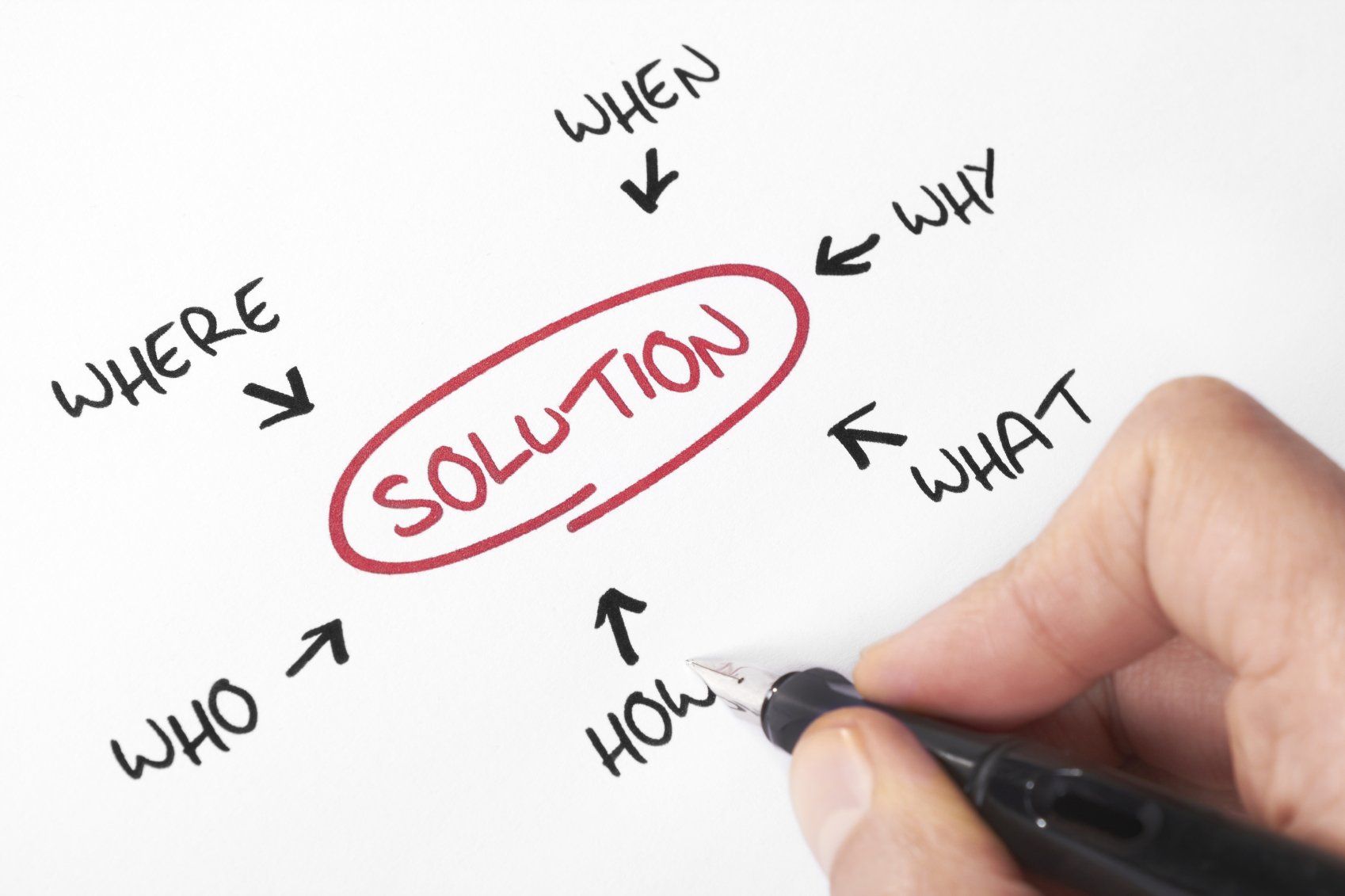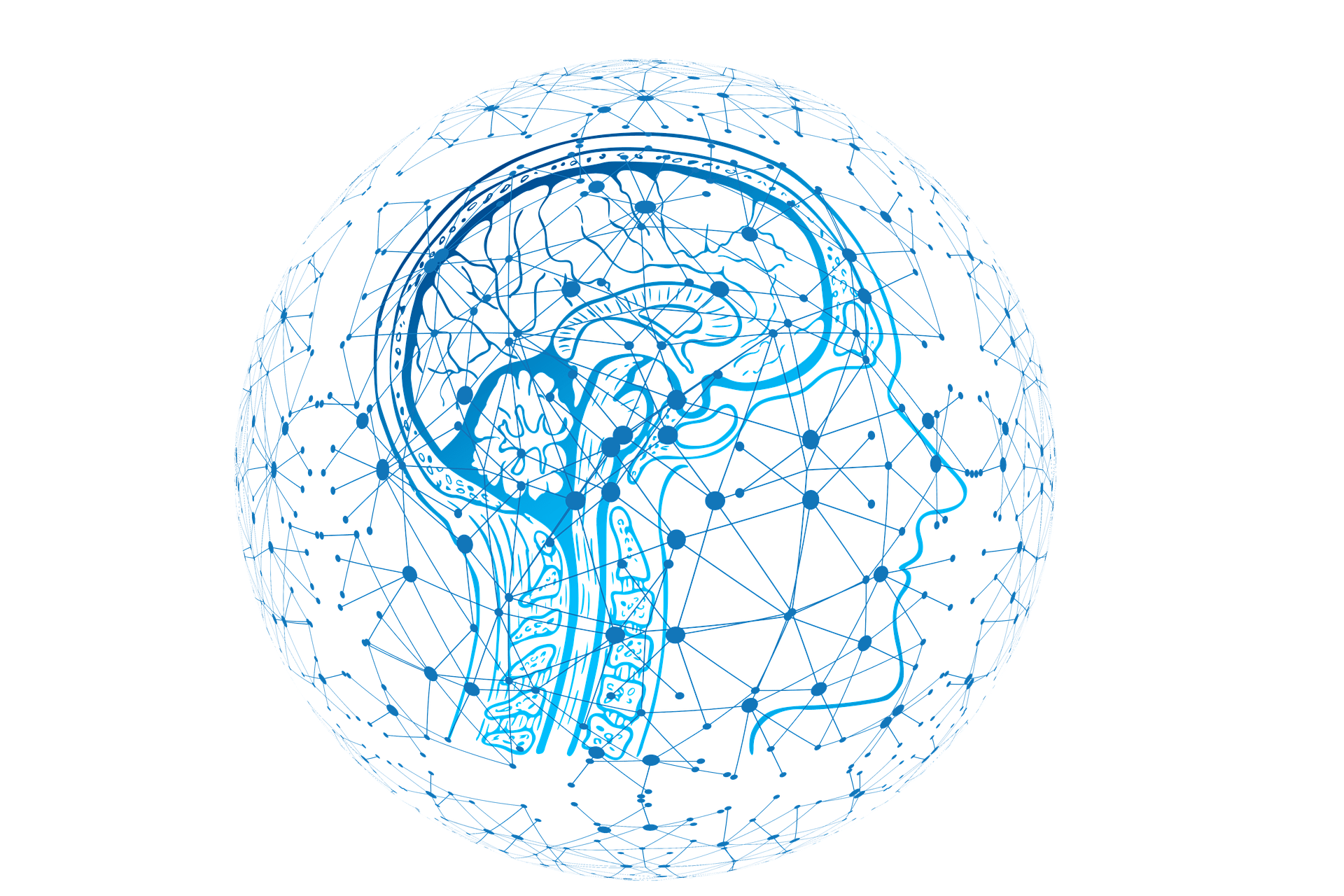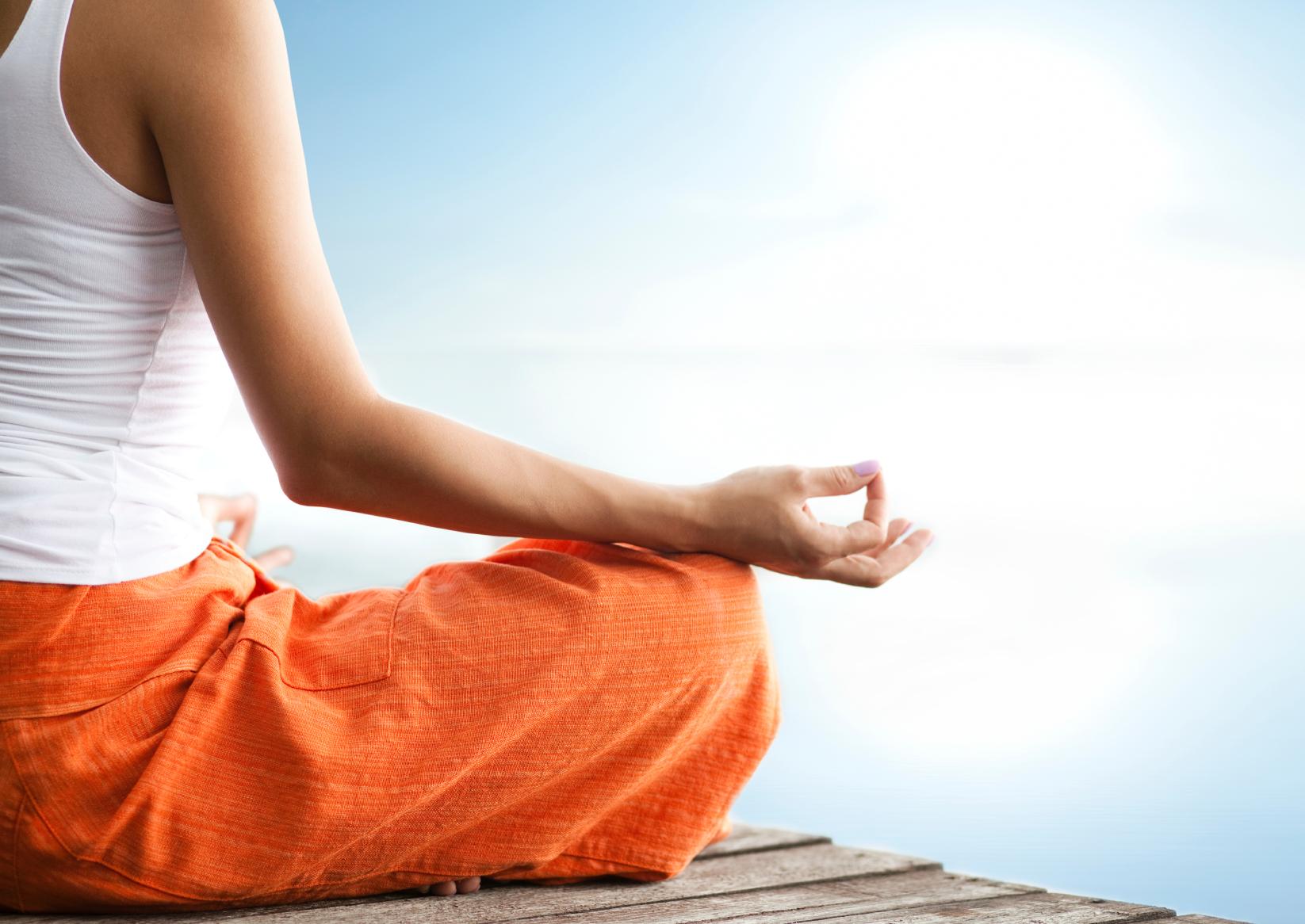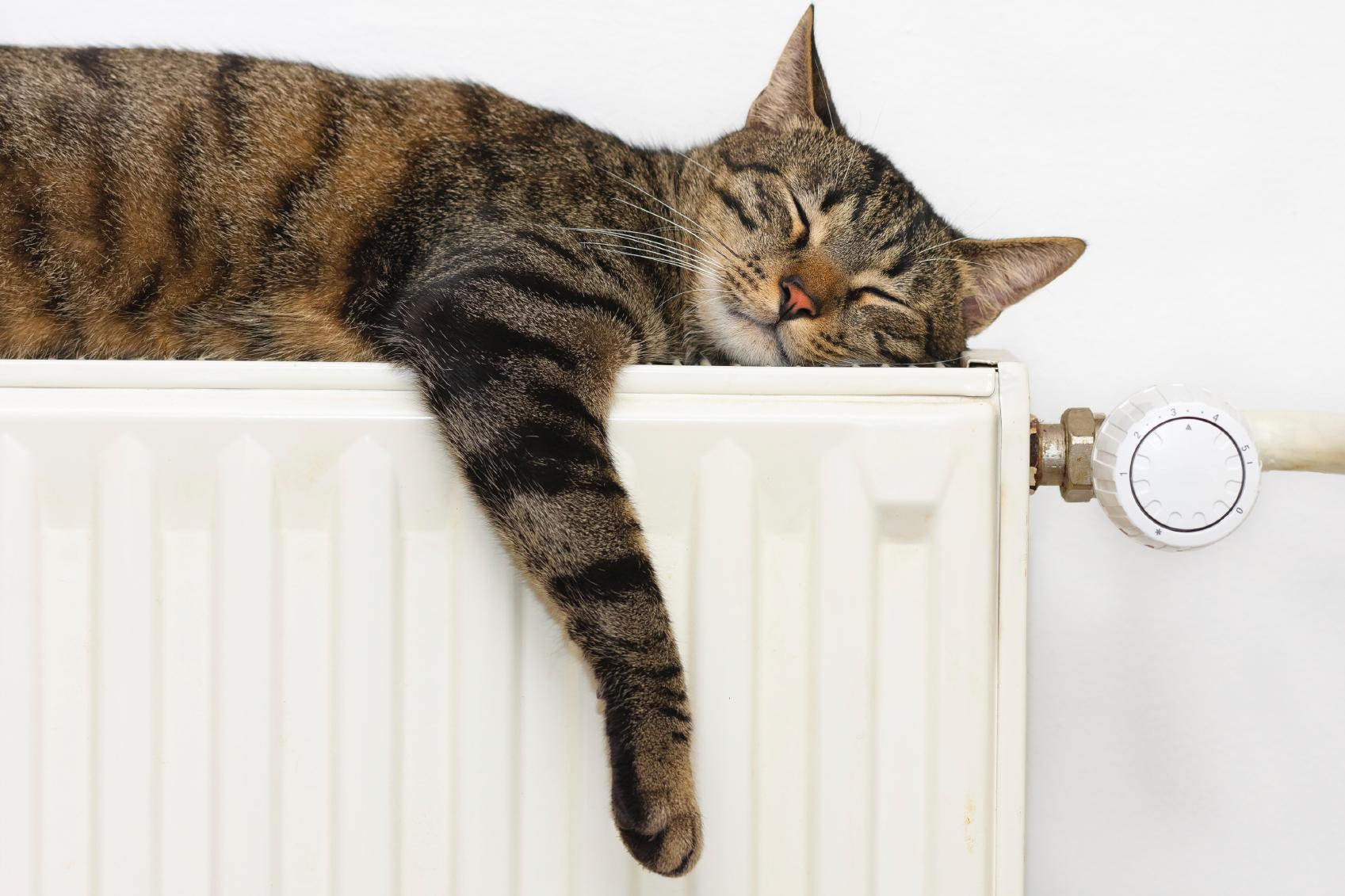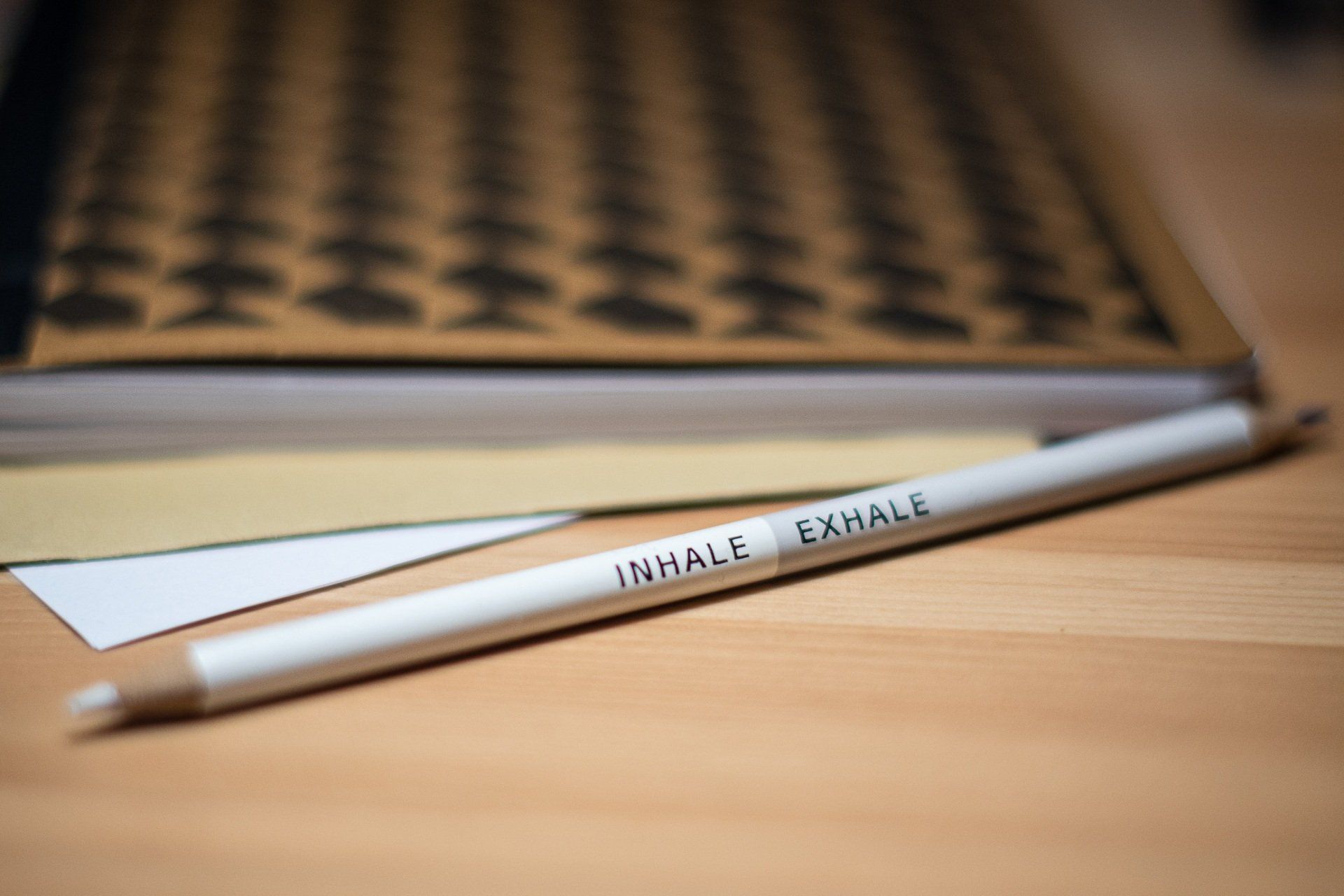Slow living: a way of being
What is Slow Living and How Does it Reflect on our mental and physical wellbeing?

Slow Living:
Embracing the Present Moment
At its core, slow living is about being present and fully engaged in everything you do.
Instead of rushing through tasks and activities, slow living encourages us to slow down, take our time, and appreciate the beauty in everyday moments.
This mindfulness practice not only helps reduce stress and anxiety but also allows us to enjoy life to the fullest.
By focusing on the present moment, slow living helps us cultivate a greater sense of gratitude and contentment. When we take the time to savor the simple pleasures in life, such as a warm cup of tea in the morning or a leisurely walk in nature, we are more likely to feel happier and more at peace.
Mental Wellbeing: Finding Balance and Clarity
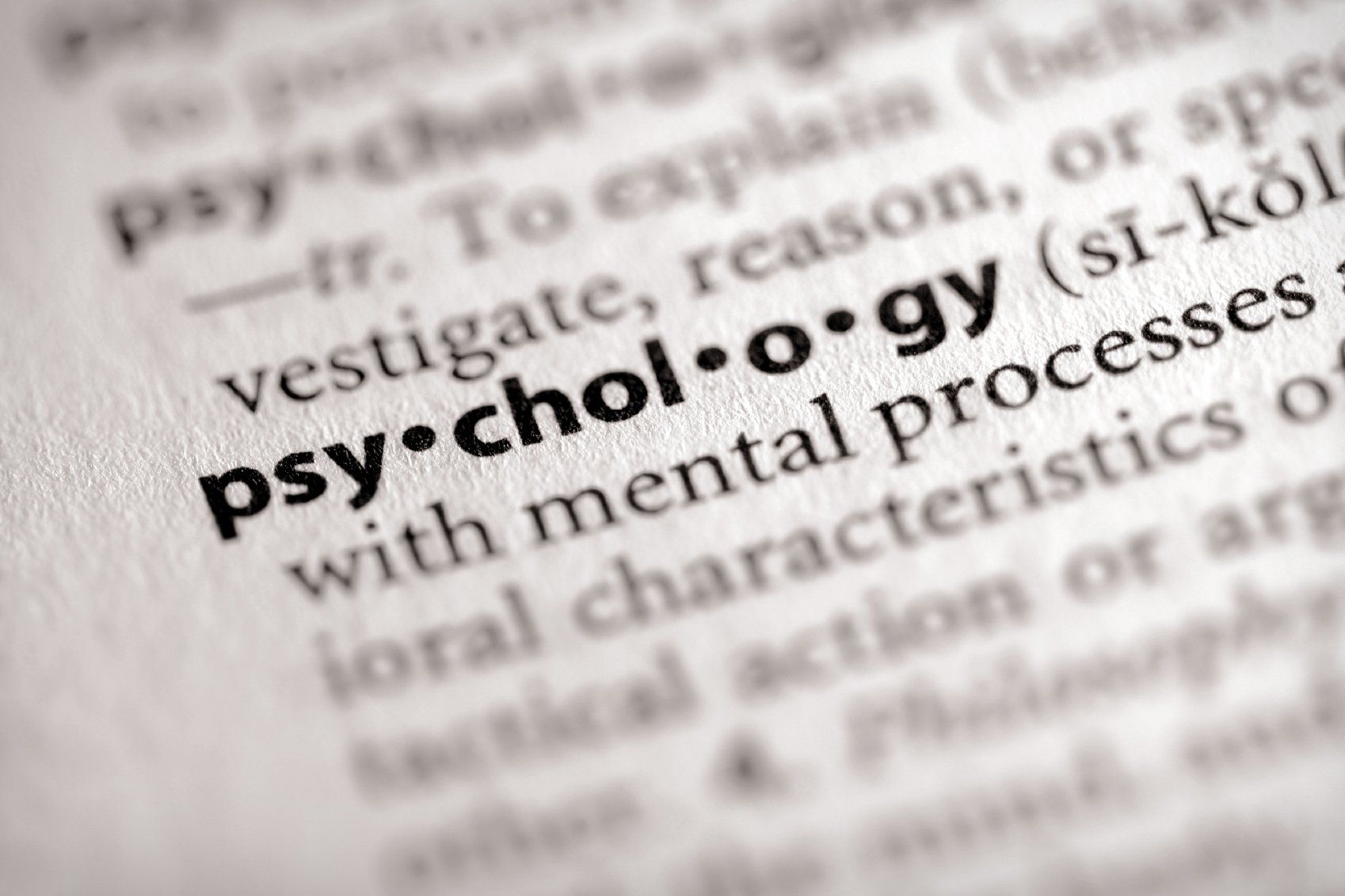
In today's fast-paced world, it's easy to feel overwhelmed and mentally exhausted. Slow living offers a much-needed antidote to the chaos and busyness of modern life. By slowing down and simplifying our lives, we create space for rest, reflection, and self-care.
Practicing slow living can help us reduce mental clutter, increase focus and productivity, and improve our overall mental well-being. When we give ourselves permission to slow down and prioritize what truly matters, we are better able to align our actions with our values and goals.
This sense of alignment can bring a deep sense of fulfillment and purpose to your life.
Physical Wellbeing: Nurturing Your Body and Soul

In addition to benefiting our mental health, slow living can also have a positive impact on our physical well-being. When we slow down and listen to our body's needs, we are better able to prioritize self-care and healthful habits.
We may find yourself making healthier choices, such as eating nutritious meals, getting regular exercise, and prioritizing rest and relaxation.
In my case, these lifestyle changes have lead me to improved energy levels, better sleep, and a greater overall sense of vitality.
I’d say slow living is not just a trend or passing fad – it is a powerful practice that has significantly improved my mental and physical well-being.
By embracing mindfulness, simplicity, and a slower pace of life, I could find greater balance, clarity, and vitality in today's fast-paced world.
So why not take a step back, slow down, and savor the present moment? What tools or practices can be used or followed to embrace this lifestyle?
Tips for Practicing Slow Living
- Mindful Awareness: Start by practicing mindfulness and being present in the moment. Take time each day to notice your surroundings, savor your meals, and appreciate the little things in life.
- Simplify Your Schedule: Identify areas of your life that are causing you stress or overwhelm, and create a more balanced and manageable schedule.
- Learn to say no to commitments that don't align with your priorities.
- Connect with Nature: Spend time outdoors, whether it's going for a walk in the park, gardening, or simply sitting in the sun. Connecting with nature can help reduce stress and boost your mood.
- Unplug and Disconnect: Limit your screen time and take breaks from technology. Designate specific times during the day to unplug and engage in activities that bring you joy and relaxation.
- Practice Gratitude: Keep a gratitude journal and write down three things you're grateful for each day. Cultivating a sense of gratitude can help shift your focus from what you lack to what you have.
- Embrace Slow Food: Cook meals from scratch, savor your food, and practice mindful eating. Slow food not only nourishes your body but also soothes your soul.
- Create Rituals and Routines: Establish daily rituals and routines that bring structure and meaning to your day. Whether it's a morning meditation practice or an evening walk, these rituals can help anchor you in the present moment.
Tools for Slow Living
- Journal: Keep a journal to track your thoughts, emotions, and experiences. Journaling can help you process your feelings, gain clarity, and cultivate self-awareness.
- Meditation and breath-work practices: use breath-work to guide you through mindfulness practices and relaxation techniques.
- Nature Sounds: Listen to nature sounds such as ocean waves, bird songs, or rain falling to create a peaceful and serene environment.
- Slow Living Books: Explore books on slow living, mindfulness, and simplicity to deepen your understanding and inspire your journey.
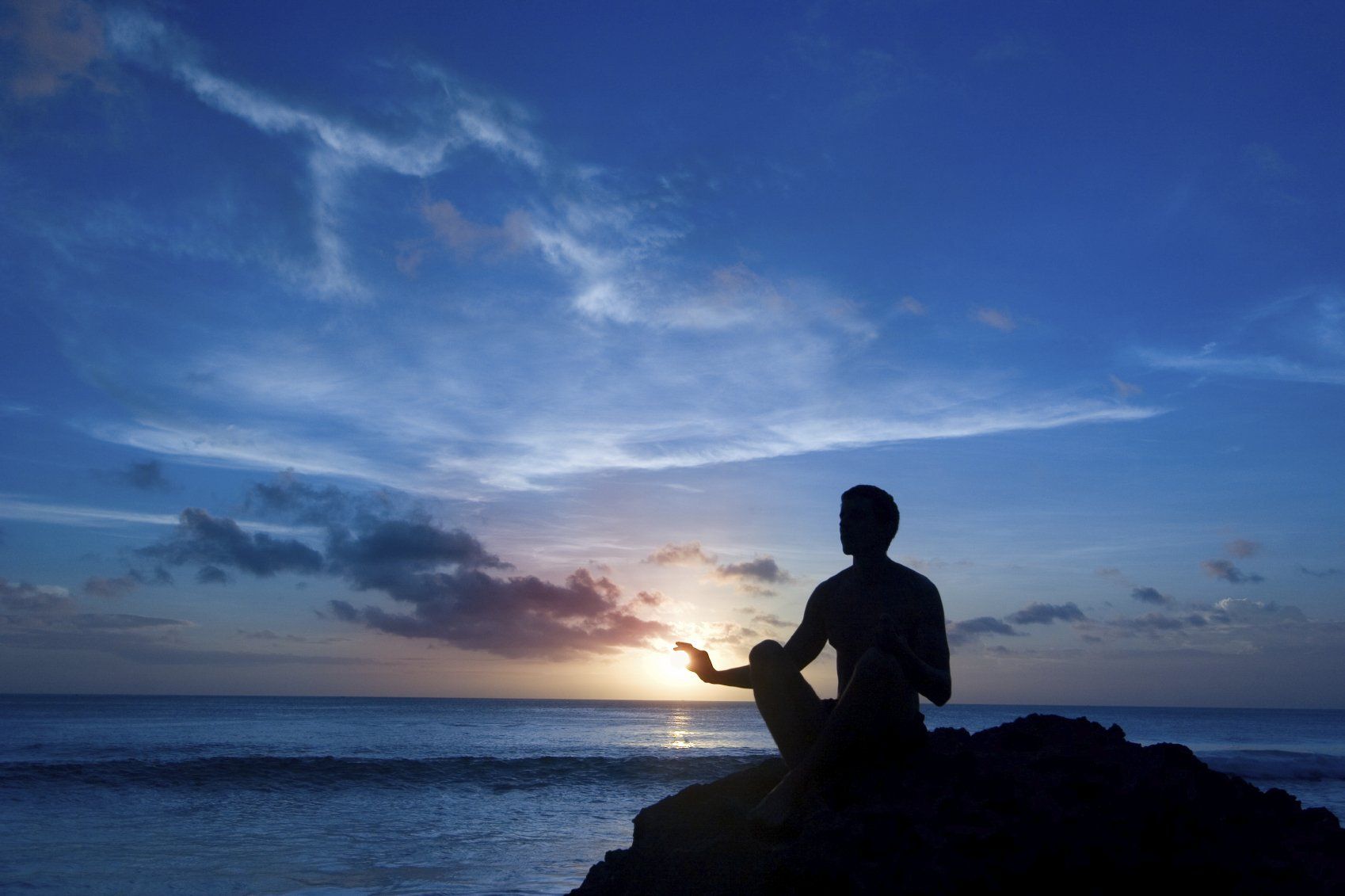
Want some inbox love?
Join my mailing list!
